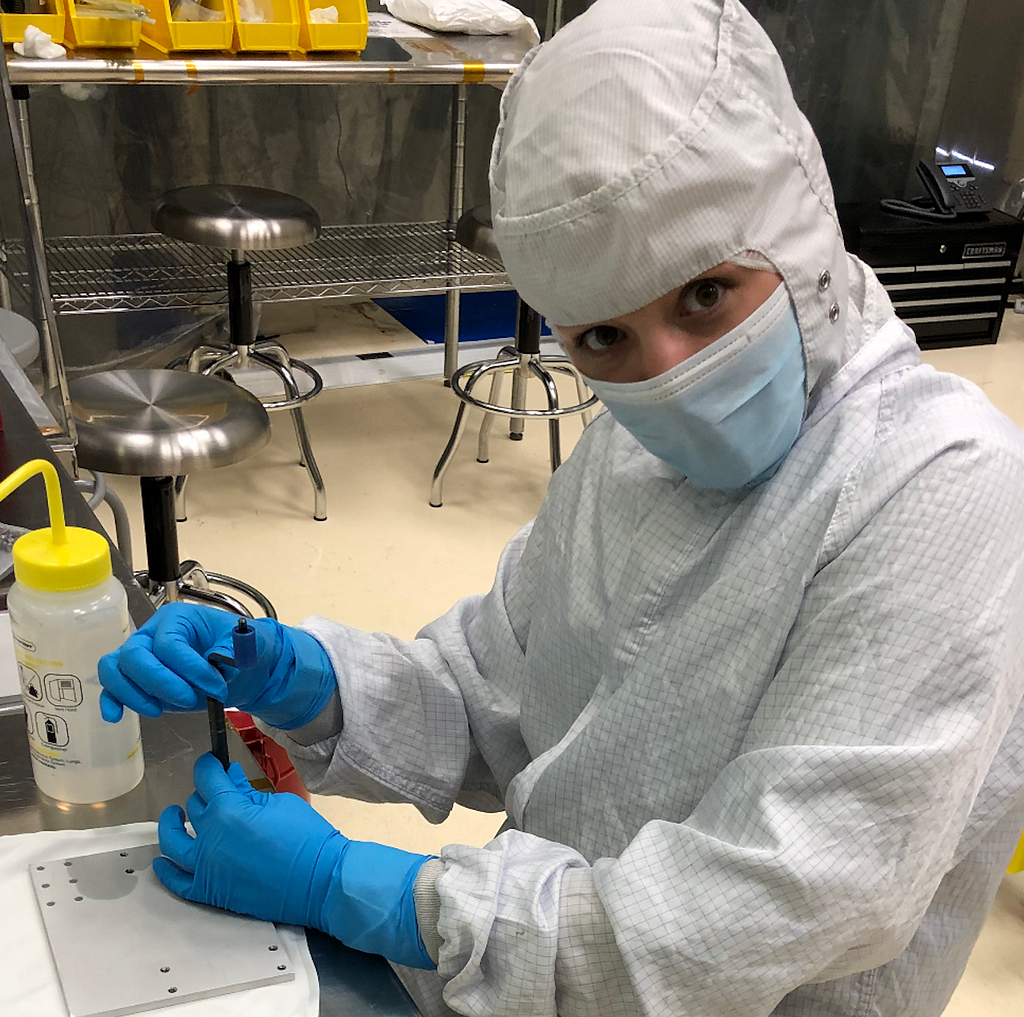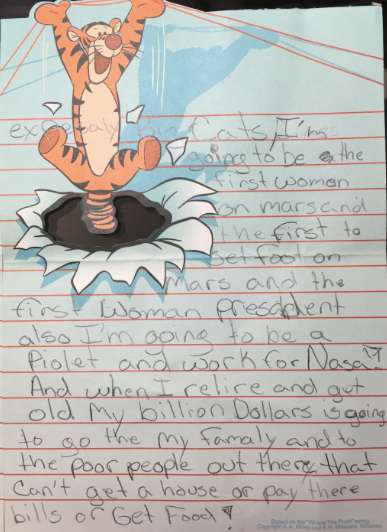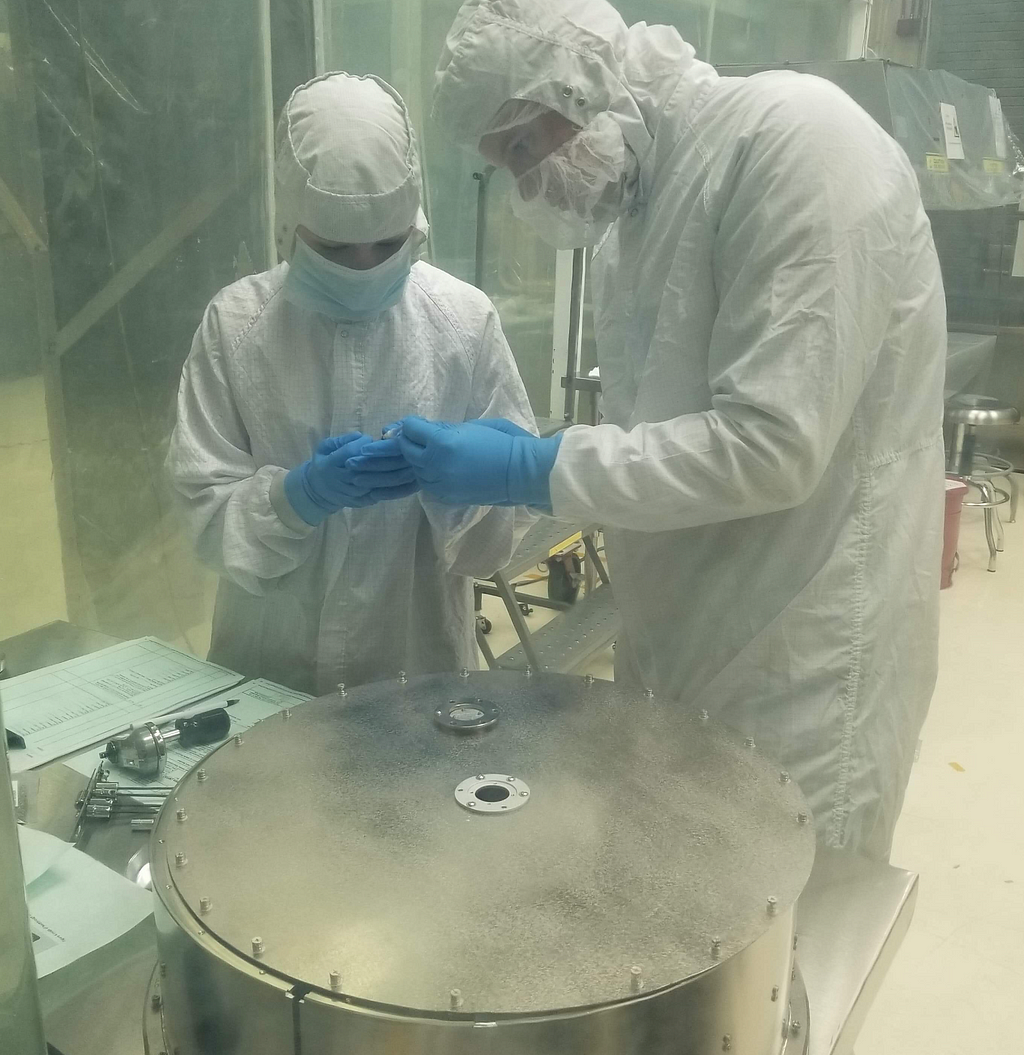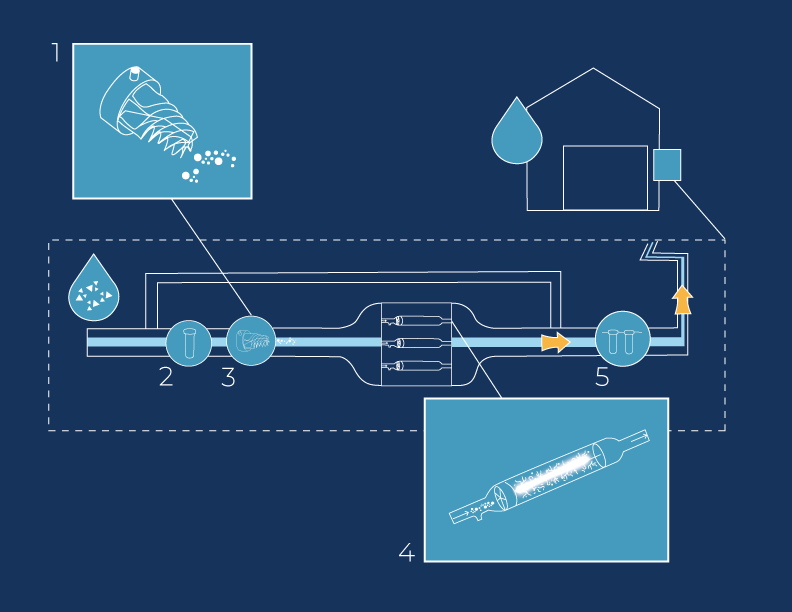On her MEng capstone experience, work at NASA, and long-term goals of space exploration.

How did your personal background lead you to your area of study?



What encouraged your focus on space exploration?
I have always been fascinated by space exploration — I mean, who isn’t? My fondest childhood memories are of watching Star Trek the Next Generation with my father. In addition to exploring space, I was inspired by the ideals and intellect of those StarFleet officers. It wasn’t until a few years after my military enlistment that I recognized my own potential. The exact moment of clarity was instantaneous. I remember it so clearly. My family (husband and two children) lived near Kennedy Space Center in Merritt Island, FL. When the rockets would launch, you could watch it from my front yard, and the whole house would vibrate from the sound. It was in that moment, watching a rocket soar, that something clicked. I could do that. I could go to space, and I could be an engineer. That classic saying, “you can be anything you want to be” has stayed with me throughout my career. Watching the rockets, I reminded myself of this and realized that I could do anything and that the only person holding me back was me! It sounds trivial, but it’s extremely freeing when you truly internalize it.What are your professional goals?
My short-term goals are to thrive in my PhD program. I want to provide impactful research to the field of electric/plasma space propulsion. As for my long-term goals, I semi-jokingly say I want to be the next Zefram Cochrane. He is the fictional character in Star Trek that invented the warp drive engine, which made humans a spacefaring species. Ultimately, I want to be an astronaut and continue to provide impactful research in the field of space exploration. Currently, I am working out the details of these goals by considering either staying in academia or moving to a position in a national lab. Either way, I will be keeping my eye out for a postdoc position.How does your current position relate to your MEng experience and your long term goals?
My MEng degree allowed me to engage in nuclear engineering and bridge the gap between my undergrad mechanical engineering degree and my nuclear engineering PhD program. My MEng capstone project, Non-Thermal Plasma Water Purification at Home, is another application of plasma. Plasma has the ability to break down the toughest of chemical bonds and holds the key to removing/eliminating contamination in drinking water. Because of my MEng capstone project, I realized that plasma is awesome, and it’s everywhere! Most people don’t realize that 99.9% of the universe is made of plasma!What kind of impact do you want to have on the world?
I hope to develop the means to send us to the depths of the universe. As Carl Sagan said, “The Earth is a very small stage in a vast cosmic arena.” We exist in the tiniest fraction of the universe. There is so much to be seen, discovered, and learned. I hope that my research can directly lead to a space-faring civilization.What are some of your hobbies/passions?
In my spare time, I am a STEM counselor for my daughter’s cub scout pack. This is my second year doing it and I really enjoy inspiring young minds and teaching them that they are capable of anything. Connect with Andria. Edited by Ella Rochelle-Lawton.Humans of Fung: Andria Sperry, MEng ’21 (NE) was originally published in Berkeley Master of Engineering on Medium, where people are continuing the conversation by highlighting and responding to this story.


